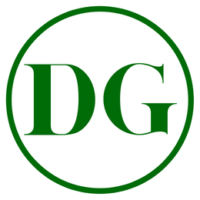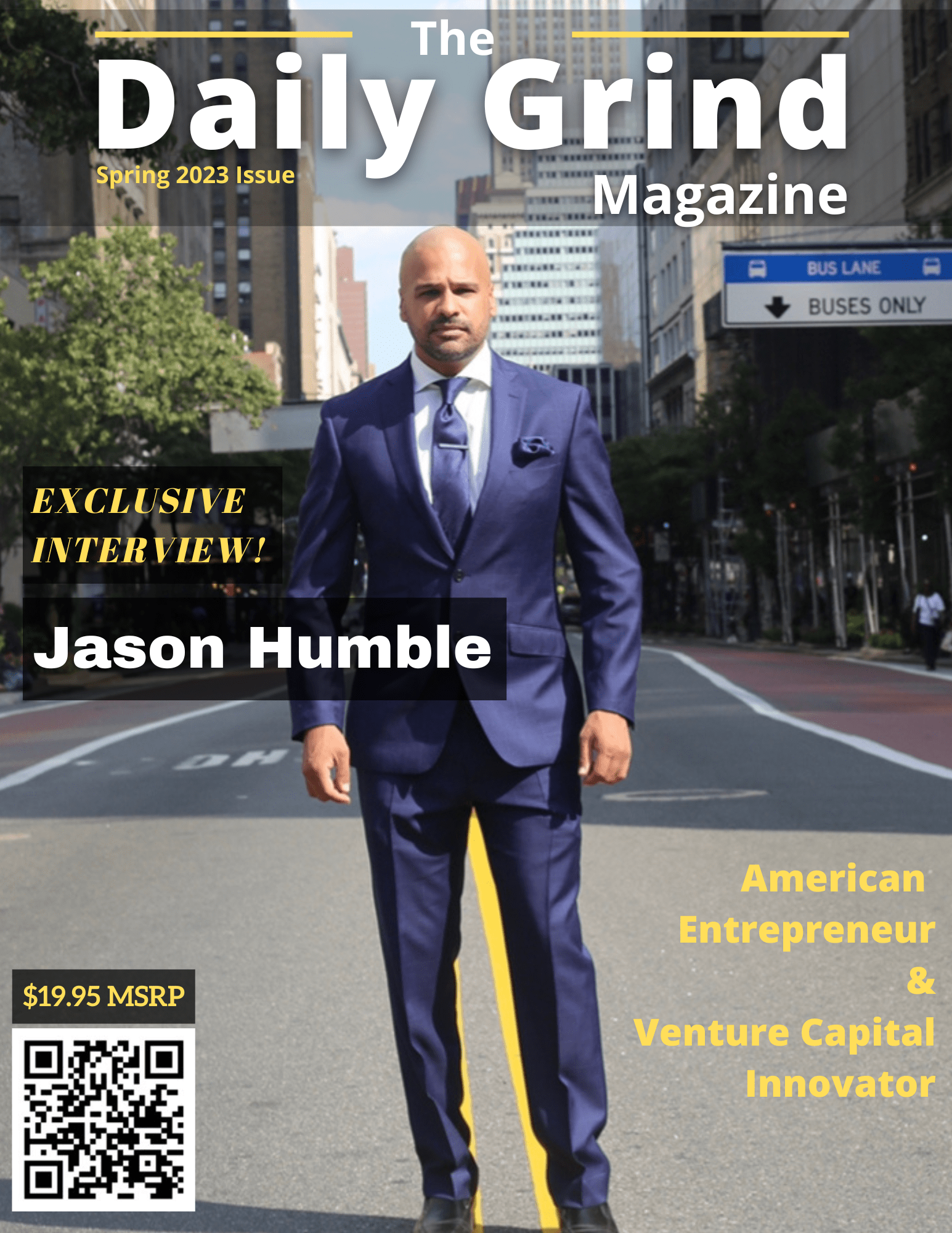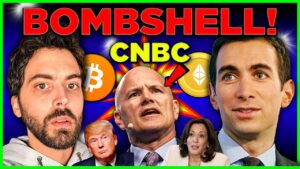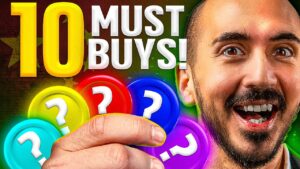Kellogg has been a staple in
American breakfast for nearly a Century, but cereal
consumption has been declining The past decade as consumers
become more health conscious. Along with mounting lawsuits,
a worker strike and a plant Fire, Kellogg's cereal
business is struggling to gain A footing. In an attempt to rebound and
restrategize, on June 21st, 2022, the company announced
plans to split into three Separate companies. Shares jumped as much as 8% in
pre-market trading following The news. Right now is, I think, the
opportune time to do this. We are coming from a position
of real strength and great Momentum. So how did a company, mired in
controversy, become the Nation's leading breakfast
brand and can it successfully Reinvent itself? The Battle Creek Toasted
Cornflake company, later known As Kellogg's, was founded in
1906 by W.K. Kellogg. Its first product,
Corn Flakes, was marketed as a Healthy, easy-to-digest meal. Kellogg spent heavily on
marketing campaigns, and the Company grew rapidly, selling
more than 175,000 cases of Cereal within the first year. By 1909, annual sales reached
1 million cases. Over the next few decades, the
company began marketing to Children with sugary cereals,
such as Sugar Smacks and Sugar Frosted Flakes. Mascots like Tony the Tiger
quickly became cult favorites. Sugar Frosted Flakes are
greeaatt. Kellogg faced major competition
in the breakfast category, so It introduced new products
like Pop-Tarts in 1964 and Bought smaller companies,
including Eggo Waffles in 1970. However, in 1972, the FTC
launched a case against
Kellogg, along with rivals
General Foods, General Mills And Quaker Oats, for having
established a shared monopoly Over the cereal industry and
artificially inflating prices. The big four cereal producers
denied the claims, and the case Was dismissed. Convenient, ultra-processed
foods were all the rage in the 70s. At the same time, parents
and consumer groups were urging The FDA to limit the amount of
sugar in ready-to-eat cereals. By the late 1970s, sugared
cereal sales began to fall. Kellogg tried to fight
slumping sales by beefing up Advertising and creating new
products to appeal to health Conscious consumers. The company brought three
varieties of Nutri-Grain cereal To market. It worked. By 1988, Kellogg increased its
sales from a year prior by 15% From $3.8 billion to $4.3
billion. However, the company began to
lose sales to competitors and Cheaper knockoffs. In 1999, Kellogg lost its
leading market share for the First time to General Mills. At the same time, snacking
between meals became Increasingly popular, and the
company continued expanding With acquisitions such as
Pringles and Cheez-Its. Nine out of ten Americans say
they've had cereal in the past Year, according to 2017 data
from Mintel. But as Americans have become
more and more health conscious, Cereal sales have suffered, according to Nielsen, a data Analytics company. Back in the early 2000s, we
were seeing the initial decline Of boxed cereal as we know it
in the cereal aisle. First, we were coming out of
just beginning to come out of That fat-free, low-fat craze
where all of the sugar cereals That were claiming fat-free
started to have consumers sort Of question like, is this
really that good for us?
And then also we saw consumers
finding the lack of convenience Being an issue as more bars
and other types of convenience Oriented breakfast foods were
becoming more popularized. From 2009 to 2019, domestic and
international cereal sales at The company declined by 21%. While sales were declining,
litigation against Kellogg's Nutritional claims was piling
up. Margo Wootan was the director
of nutrition policy at the Center for Science in the
Public Interest at the time. We threatened to sue Kellogg
over their food marketing to Children because they were
marketing a lot of high sugar, Refined grain, unhealthy
options, especially to kids. And so we ended up settling
with them out of court, and They agreed to a set of
nutrition standards to improve Their marketing to kids. Amid falling sales and
consumers wanting less Processed food, the cereal
giant announced in 2015 that it Would stop using artificial
colors and flavors in its Cereal and snack bars. By July of 2016, the stock
reached an all-time high of $86.98. At the turn of the century, a
number of studies were Published suggesting that
consuming breakfasts and even a Sugar-filled breakfast had a
positive effect on weight and Nutrition. Several were funded
by Kellogg and other cereal Producers. The Associated
Press reported that Kellogg had Been paying independent
experts to positively promote Cereal. The company created a
breakfast council to help guide Its nutritional efforts. Experts were claimed to have
been paid $13,000 a year and Not allowed to offer media
services for products Competitive or negative to
cereal. Kellogg subsequently
discontinued the Breakfast Counsel.
In 2021, the company also
settled a $13 Million lawsuit In California over its
marketing. Kellogg agreed to stop using
terms such as healthy, Nutritious and wholesome to
promote its products. Despite its sugar content, many
consumers still believe cereal Can be a part of a healthy
breakfast. Keith M Sedor is one of them. He calls himself a cereal
historian and is the host of The podcast "Just Pour the
Milk." I don't think you're getting
much more sugar in a bowl of Cereal than most of the other
treats you're eating throughout The day. Now, I do think in
the 21st century, we are much More prone to be nutrition
conscious than we once were. But I think coupled with other
healthy choices throughout the Day, that a bowl of cereal can
still be a decent way to start The day. The company has fought back in
recent years. In April of 2022, Kellogg
launched legal action against The U.K. government over
regulation that would ban it From promoting sugar-filled
cereals with buy one, get one Free offers. The company said it measures
cereals dry when they are Almost always eaten with milk. A judge dismissed the claim,
finding that the addition of Milk would not affect the fact
that the cereal was high in Sugar. As a result, the
company expanded its wheat Cereals with three variants to
comply with the UK's HFSS Guidelines. As nutrition guidelines have
gotten more stringent, so has Kellogg's effort to fight
them. Kellogg is claimed to have
spent about $13.5 million in Lobbying efforts from 2011 to
2021. And USDA is about to announce
the first updates to the WIC Foods since 2009.
One of the expected changes is
to strengthen the whole grain Requirement for cereals, and
Kellogg has been very Aggressively lobbying against
that. Following decades of
disappointing sales, cereal Boomed during Covid-19. March of 2020 saw the biggest
month-to-month increase of Cereal consumption in US
history. Kellogg net cereal sales
increased in 2020 by 8.5% year Over year. Studies show that consumers are
more likely to purchase cereal With claims like reduced
sugar, added protein or added Fiber. So in 2021, Kellogg
released a new cereal called High Happy Inside, featuring
prebiotics probiotics and Fiber. Nostalgia may be
another reason behind the surge In cereal consumption. Mintel research shows that 58%
of consumers say that cereal Flavors they enjoyed as a
child are still their Favorites. One of the things that was very
important for all of us who Were shut in was to have some
measure of comfort. So you've got your Lucky
Charms, your Fruit Loops, you Know, whatever your favorite
childhood cereal is, it gives You that bit of nostalgia
that's going to give some Comfort and making a
challenging time a little Easier to deal with. Despite the company riding on a
high from surging sales, it Still suffered some setbacks. In October of 2021, 1400
workers went on strike to Demand better pay and enhanced
benefits. After two months, Kellogg said
it would be permanently Replacing the 1400 workers who
had been on strike. Following the news,
politicians, including President Biden, stepped in to
condemn the move. The company gave in to
demands, and on December 21st,
2021, Kellogg workers ended
their nearly three month strike And agreed to a new contract. The contract included a $1.10
per hour raise for all Employees. The cereal giant
also had a three alarm fire at Its Memphis facility that
year. The company's North American
cereal net sales dropped by 10.3% in the first quarter of
2022, compared to 2021. For the year, net sales dropped
by 14% in the region. Kellogg's has gone through a
lot of change and a lot of Turmoil lately. They had a huge setback with
the fire and strike on the Cereal business. You could see
that in the data. Their sales were awful last
year. They've lost a ton of share to
both General Mills and to Post. At the end of 2021, Kellogg
announced plans to invest $45 Million in restructuring its
North American supply chain Over the next three years as
it meets demand for cereals. Under CEO, Steve Cahillane, the
company has made a few other Changes, including
transitioning its snack Business out of direct store
delivery and acquiring American Nutritional bar brand RXBAR
for $600 million. It also pulled back commercial
support for cereal in order to Harmonize its pack sizes
across brands. Cahillane has noted the sales
declines are only temporary as The company recovers from its
various changes, as well as 2021's strike and fire. Kellogg's has gotten better. It's not gotten better as
quickly as we would have Thought. But the category has
really taken off because Kellogg's is getting back in
the game with its production Capacity and because consumers
are looking for the convenience That comes with cereal as they
get back to work. On June 21st, 2022, Kellogg
announced plans to split into Three separate companies,
Global Snacking, which will be
A leading snacking company,
North American Cereal, which Will house its North American
and Caribbean cereal portfolio, And Plant, which will include
its plant-based products. Shares jumped as much as 8% in
premarket trading, but closed Up only 1.9%. Right now is, I think, the
opportune time to do this. We are coming from a position
of real strength and great Momentum. We have completely
turned the business around from A top line and a bottom line
perspective, and we see the Next step in unlocking our
full potential in unleashing Three new companies. The company said all three
businesses will be better Positioned to focus on their
distinct strategic priorities. The cereal business arguably is
being spun off at the right Time because it has such
depressed margins coming out of Fire and strike. And because of that, you're going to have a period where Their top line recovery can
fuel reinvestment, which will Give that that portfolio a
fighting chance, even though That is a business that longer
term has been challenged. Snacking, including frozen
breakfast, and international Cereal and noodles, accounts
for 80% of its portfolio. In the first quarter of 2022, snack sales grew by 5% compared To a drop of 10.3% for cereal. Kellogg said that the cereal
business is expected to Generate stable net sales over
time. Particularly the U.S. cereal
business, which they're Spinning off, is one that is
weighed on the sum of the parts Of this company. The value of the company has
been held back and the growth Has been held back by this
business. So the company's thinking is
that it can free up the company To focus on snacks and its
other expandable franchises, The ones that could be
stimulated for growth and it
Could help investors focus as
well on this business as one That has sustainable,
profitable growth. Over the past few years, cereal
companies, including Kellogg, Repositioned the branding of
cereal away from a pure Breakfast option to a dessert
or snack. Most of the cereal I eat these
days is probably during what we Like to call a fourth meal,
late at night watching TV. After the kids are in bed and
you're just looking for a Snack, instead of going for
cookies or chips, I'll have a Bowl of cereal. Nostalgic brands are being
revamped. Kellogg partnered with Little
Debbie on a Nutty Buddy Cereal Collaboration, and in
September of 2022, Kellogg Released a line of cereal that
only needs water to up the Convenience factor. While the cereal segment seems
to be making a comeback. Only time will tell if
Kellogg's cereal business will Have the resurgence it so
desperately is looking for.





